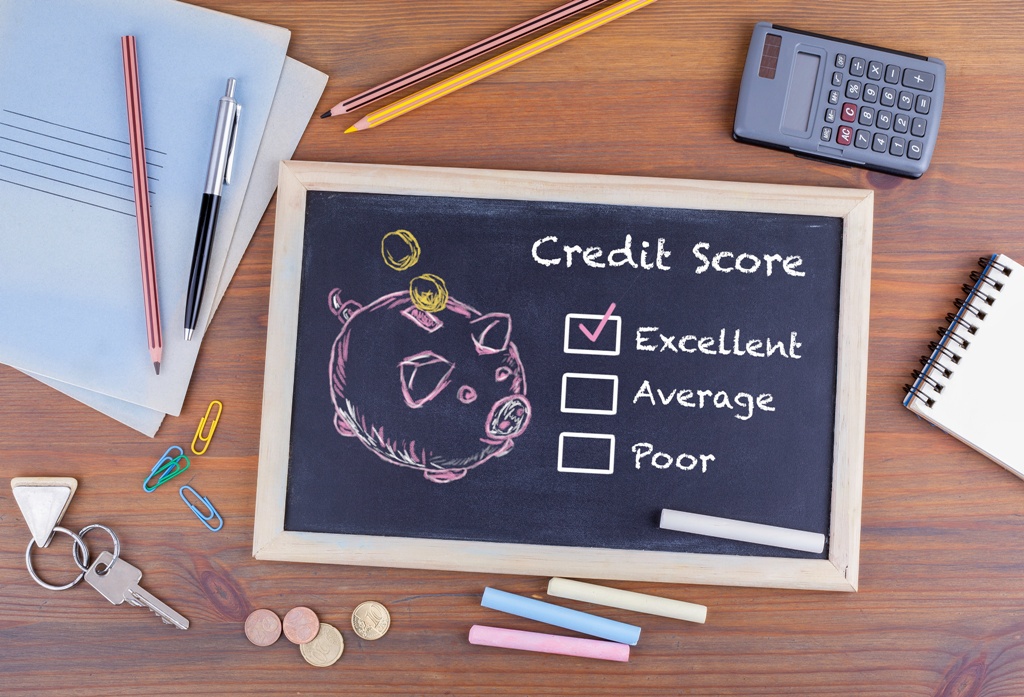Every time you apply for a line of credit, for example, a home loan, car loan, credit card, or personal loan, the bank checks your credit score through a document known as a Credit Report. This is an extremely important document that has bearing on all credit that a person in Singapore may want access to. Most people are unfamiliar with this important piece of paper and the information it contains.
Here, we discuss the details of a Credit Report and what you should look out for.
What is a credit report?
A credit report is a summary of all the major credit decisions someone has made in the past few years. It includes information such as your borrowing history and repayment record. This information is used to assess the person’s credit score, rated from AA (best) to HH (worst).
Lenders use the Credit Bureau Singapore’s rating and loan history to decide whether to approve your loan application.
Scores closer to AA indicate that the applicant has a history of paying debts on time and has a lesser probability of defaulting on their loan. That is why good credit scores qualify you for a lower interest rate and even a waiver on certain charges.
Who issues a credit report in Singapore?
Every credit report in Singapore is issued by the Credit Bureau (Singapore), also known as CBS. It was set up by the Association of Banks in Singapore (ABS) and the financial services company Infocredit Holdings.
Who submits the data?
All members of the ABS share their borrower data with CBS. Information from all these sources is collated by CBS and used to create a borrower profile. So, if you have a loan from a bank that is a member of ABS, all data concerning your loan and payments will be recorded in your credit report.
But when someone applies for a fast cash loan from a moneylender in Singapore, the lender may or may not check your credit history. In general, if you are applying for a loan for the first time, the moneylender may want to check your credit score.
Your credit score may also be checked when you apply for a debt consolidation loan. If you apply for a debt consolidation plan with a bank (or any credit facilities from the bank–including credit card application), they can make ‘hard inquiries’ that will be recorded in your credit report.
Structure of a credit report
The credit report is divided into sections that cover all pertinent information about the person and their borrowing history. Here is a snapshot of what information is covered in your credit report:
Data Provided
The information you provided when buying the credit report. Name, ID type, ID number, date of birth, postal code, enquiry type, product type and applicant type.
Summary
The summary lists their earliest credit record in the system, the number of previous enquiries, the number of accounts they hold, the number of defaults, bankruptcy proceedings, secured and unsecured credit limits, and exempted credit limit.
Personal Details
This includes all pertinent personal information including aliases and additional addresses attached to your identification. It will also include gender, nationality, and marital status.
Account Status History
A chronological list of recent debts such as credit cards, loans, and overdrafts. This information is given on a rolling 12 months basis with the most recent cycle to the left.
The first row consists of a code that denotes the promptness of payment made against the overdue balance. For example, ‘A’ means current to 29 days past due, and ‘E’ means closed with no outstanding due.
The second row indicates the cash advance or balance transfer status for credit cards. ‘Y’ for yes indicates that there is a balance for cash transfer/ balance transfer and ‘N’ for no indicates that there is no balance for a cash advance/ balance transfer available. When the credit facility is not in use it would be blank.
The third and final row indicates if full payment has been made for the credit card’s previous month’s statement.
Previous Enquiries
A list of all the inquiries made into the individual’s credit report by the borrower or a financial institution. The information will be retained in the report for two years from the date of inquiry.
Default Records, DRS Records, and Bankruptcy Proceedings
These sections list any information pertaining to current and previous debts, including debts that the individual has defaulted on. Default records with the status of Negotiated Settlement or Full Settlement will be displayed for 3 years from the status date. For default records with the status of Outstanding, Partial Payment, and Sold Off, the records will be displayed indefinitely on the report.
Bureau Score
The Bureau Score is calculated from the individual’s credit data. A credit score is calculated ranging from 1000-2000 for risk grades of AA to HH. It also shows a percentage for the probability of default.
What if the data is incorrect?
While CBS usually does an excellent job, there can be errors in the report from small mistakes to identity theft. If you discover any such errors, contact CBS immediately for correction.
Different ratings of a credit score and what they mean
Table of scores to risk grade
This table shows you how to interpret your score and risk grade.
| Score | Risk Grade | Probability of default |
| 1911-2000 | AA | 0-0.27% |
| 1844-1910 | BB | 0.27-0.67% |
| 1825-1843 | CC | 0.67-0.88% |
| 1813-1824 | DD | 0.88-1.03% |
| 1782-1812 | EE | 1.03-1.58% |
| 1755-1781 | FF | 1.58-2.28% |
| 1724-1754 | GG | 2.28-3.48% |
| 1000-1723 | HH | 3.48-100% |
Factors that affect the score
The most important factor in your grading is your repayment history. Late payments and defaults on any loan pull down your score even years later. Another important aspect that is considered is credit utilisation, which is the amount of available credit you have already used. Even taking multiple loans in Singapore affects your credit score. Even inquiring about your own credit report affects your score.
Obtaining your credit report
You can apply for a credit report at the following agencies:
1. Credit Bureau Singapore
2 Shenton Way,
#20-02,
SGX Centre 1,
Singapore 068804
Ph: 6565 6363
Apply online here.
2. SingPost
Requirements and costs to apply for a credit report
- You will need your NRIC or passport to apply for your Credit Report.
- The cost of the report is S$8.00 (GST excluded).
- SingPost offers an Express 2-hour service. It costs S$19.44.
How to improve your credit rating
Maintaining a good credit score or rating is extremely important to ensure you do not face difficulties in getting a loan approved for a competitive interest rate when you need one. To do that, here are some tips to follow that can help you maintain a higher credit score.
Be disciplined about repayment
Cross out the dates in your calendar when an installment is due. Prioritise funds towards the repayment of loans.
Do not take the dates for repayment lightly. Defer all other expenses if you have to, to make sure that your repayment towards a loan amount is not delayed nor defaulted. The only way to show creditors that you will not default on loans is to repay the loan, with the correct amount on the prescribed date.
Pay off loans with the highest interest
Pay off loans with the highest interest fee and charges first.
Even the most careful person can come across a situation that can throw them off balance and wreck their plans of repayment. Finishing the biggest loans off to make sure your biggest debt is cleared is something that your prospective lender can see in your credit report. This is especially true of credit card payments where the interest rates keep rising.
Avoid the ‘credit hungry’ label
It is important not to come across as ‘credit hungry’. That refers to someone who simply keeps taking any credit that they can get.
Such an individual will have multiple, recent loans, several requests by financial institutions to check their credit report from the CBS, add-on credit cards, and other unsecured loans. This makes the borrower come across as someone stuck in a debt cycle who does not know how to manage their finances, let alone pay back a loan.
If you’ve been unable to get a loan due to bad credit scores, it is worth noting that loans from moneylenders do not need a high credit score and can be a saving grace. Borrowing from licensed moneylenders like Cash Direct will not affect your score unlike if you were to get a credit facility from a bank.
Licensed moneylenders in Jurong East like Cash Direct help you assess the best loan for your requirements with loan terms that are transparent and clear. Cash Direct can offer you some of the best loan terms amongst licensed moneylenders in Singapore.
Contact Cash Direct and speak to our highly experienced loan experts for advice on the best way to handle your requirements.




